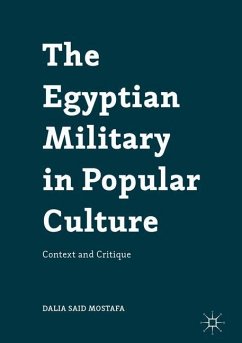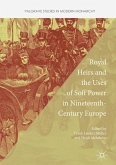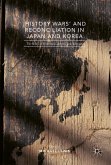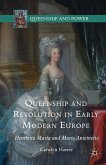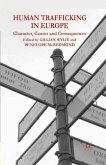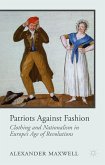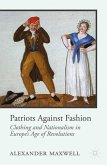This book examines a key question through the lens of popular culture: Why did the Egyptian people opt to elect in June 2014 a new president (Abdel Fattah al-Sisi), who hails from the military establishment, after toppling a previous military dictator (Hosni Mubarak) with the breakout of the 25 January 2011 Revolution? In order to dissect this question, the author considers the complexity of the relationship between the Egyptian people and their national army, and how popular cultural products play a pivotal role in reinforcing or subverting this relationship. The author takes the reader on a 'journey' through crucial historical and political events in Egypt whilst focusing on multi-layered representations of the 'military figure' (the military leader, the heroic soldier, the freedom fighter, the conscript, the martyred soldier, and the Intelligence officer) in a wide range of popular works in literature, film, song, TV drama series, and graffiti art. Mostafa argues that the realm of popular culture in Egypt serves as the 'blood veins' which feed the nation's perception of its Armed Forces.
Bitte wählen Sie Ihr Anliegen aus.
Rechnungen
Retourenschein anfordern
Bestellstatus
Storno

